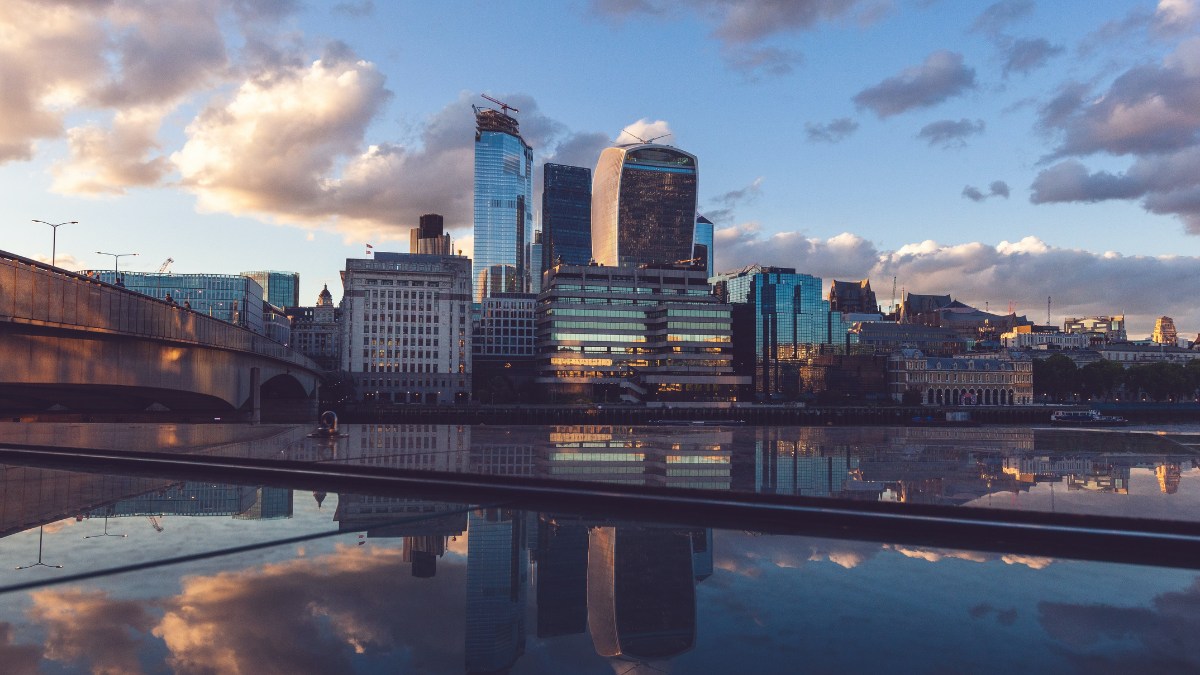The strength of consumer resilience which has been a feature of the past 6 months ebbed away across much of England in July. The downbeat mood in England is greater in London and the South where housing costs may be beginning to bite more intensely among working households following the base rate hike to 5%.
Despite a fall in personal/household finance and general economic measures both consumer price and unemployment measures improved in July. Spending confidence took a knock in the month although savings confidence fell only slightly and is 20 points above a year ago with rising interest rates boosting savers returns. Gender has become a key aspect of confidence with most of the fall in confidence in July due to an 11-point fall in women’s confidence.

Confidence improved in 3 of the 6 UK sub-regions. Biggest gain is in Scotland, up 14 points to -15, with
a 9-point gain in Wales to -32 and a 6-point gain in Northern Ireland to -40. Sentiment fell in all 3 English
regions, with the biggest fall in the South, 14 points lower at -27, in the Midlands 7 points lower at -34 and in the North 2 points lower at -32.
Of the 5 sub-measures comprising the headline measure:
- The financial situation of households over the past 12 months fell by 5 points on the month to -20, but is up 3 points on a year ago (-23)
- The expected financial situation of households over the next 12 months declined 6 points on the month to -7; 19 points up on 12 months ago (-26)
- The general economic situation score over the past 12 months worsened by 4 points on the month to -58, but is up 8 points on 12 months ago (–66)
- For the coming 12 months the general economic situation measure tumbled by 8 points to -33, but is up 24 points vs July 2022 (-57)
- The measure of consumer sentiment to making major purchases in view of the general economic situation is 7-points lower vs June at -32, 2 points higher than 12 months ago (-34)
July’s reversal in confidence comes in the wake of Bank Rate being raised to 5% with a notable impact on working people in the 30–44-year-old-age-group, many of whom will be mortgage holders. The good news is that unemployment and inflation measures are improving, and recession concerns are not growing. Consumer resilience and adaptability will be tested in the rest of the summer and into the autumn.
John Gilbert, Director, JGFR Research
Featured image: Artur Tumasjan / Unsplash



































